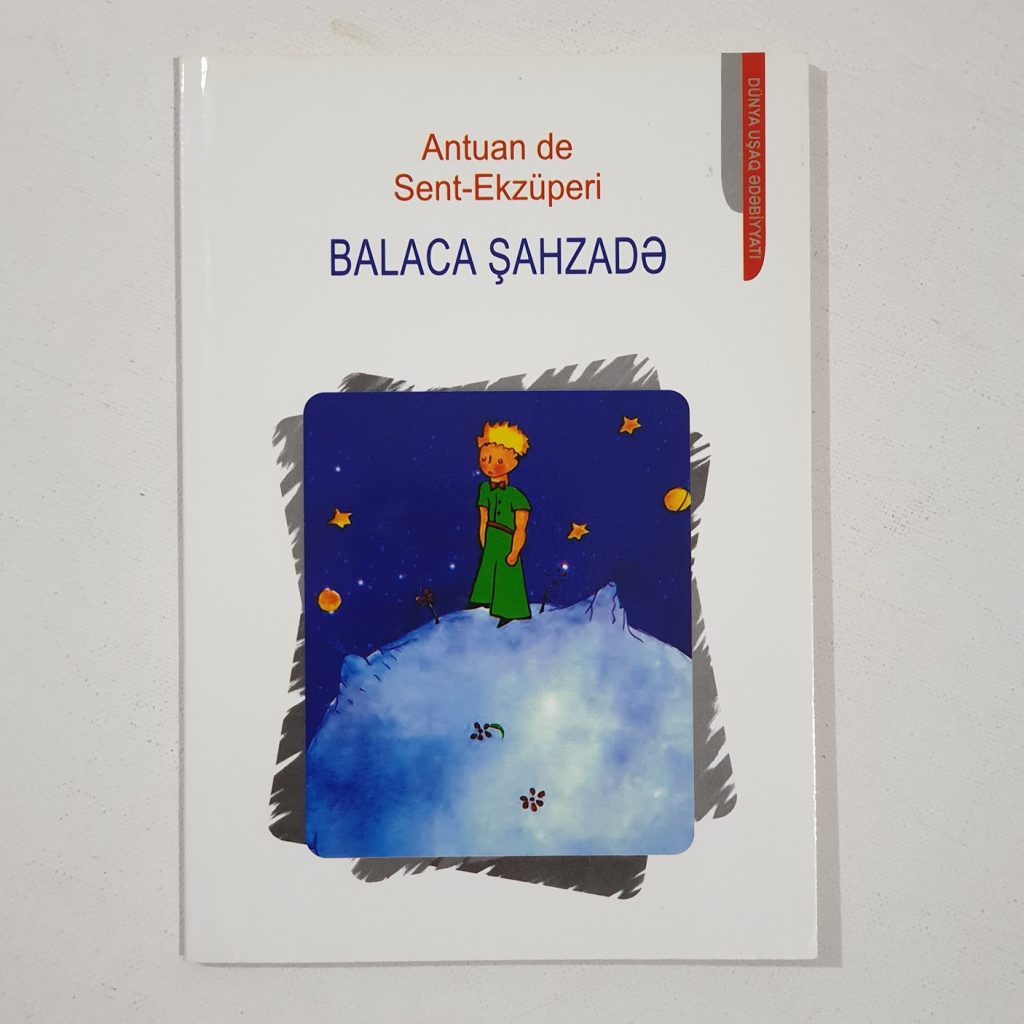
Balaca Şahzadǝ — in Azerbaijani.
Azerbaijani, also known as Azeri, is a Turkic language that bridges East and West, spoken by millions across Azerbaijan and northwestern Iran, with vibrant communities in Georgia, Russia, Turkey, and the global diaspora. It belongs to the Oghuz branch of the Turkic family—closely related to Turkish and Turkmen—yet it carries distinct phonetic, grammatical, and lexical features shaped by centuries of contact with Persian, Arabic, Russian, and even Caucasian languages. Historically, Azerbaijani served as a powerful literary medium from the 14th century onwards, most notably through the work of the revered poet and mystic Imadaddin Nasimi and later, the towering figure of Muhammad Fuzuli, who blended divine Sufi longing with worldly romanticism in a refined blend of Turkic expression and Persian influence. The language’s history also reflects the cultural duality of its speakers—rooted in Turkic nomadic heritage yet deeply influenced by Persian court culture and Islamic scholarship.
Culturally, Azerbaijani-speaking societies are renowned for their poetic sensitivity, musical depth, and richly textured hospitality. The language is the lifeblood of mugham—a sophisticated modal music tradition often performed by improvising vocalists who weave verses of classical poetry into complex, emotional tapestries. In everyday life, Azerbaijani captures a remarkable range of social nuance, from rural idioms spoken among shepherds in the Caucasus to urbane expressions echoing through Baku’s tea houses and literature salons. Family bonds, storytelling, and elaborate rituals—such as Novruz (the Persian New Year celebrated with fire-jumping and symbolic dishes)—are all expressed with a linguistic grace that values metaphor, rhythm, and courtesy. Despite historical pressures, from imperial Russification to Soviet standardisation, Azerbaijani has not only endured but flourished, emerging today as a proud symbol of national identity, artistic revival, and cultural bridge-building across borders.


